Big bank’s grim house price prediction
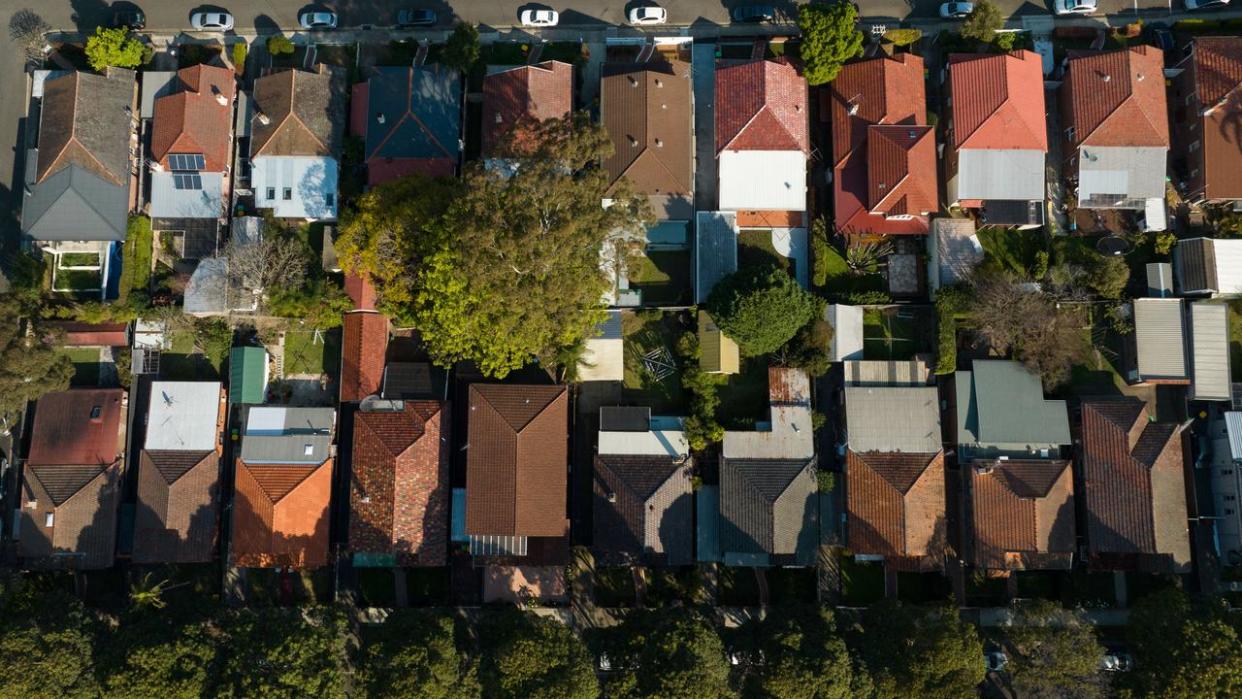
Three property experts have made their predictions for what Australians can expect from the property market in 2024.
It has been a challenging year for mortgage holders, renters and landlords as six rate rises heightened pressure on budgets and pushed Australians to their financial limits.
Estimations that homeowners were heading towards an ominous “mortgage cliff” have so far proven untrue despite a gloomy outlook for the national economy and property prices don’t appear to be any closer to plummeting.
Ray White chief economist Nerida Conisbee, Suburbtrends.com.au founder Kent Lardner and PropTrack’s Economic Research executive manager Cameron Kusher have all weighed in on what they think Aussies can expect to see in the property market in 2024.



Will property prices surge?
Property data analyst Kent Lardner is the brains behind suburbtrends.com.au and has spent the best of two decades surveying property trends across the country.
He said predicting property prices in the last six months has been “very difficult” and it’s only going to get more unpredictable in the new year.
Looking at current trends, Mr Lardner said properties in some regions where prices fell a “little bit too much” during the pandemic have started to climb again this year, and in some cases have “overcorrected”.
Ray White chief economist Nerida Conisbee predicts property prices will continue to grow as interest rates approach their peak.
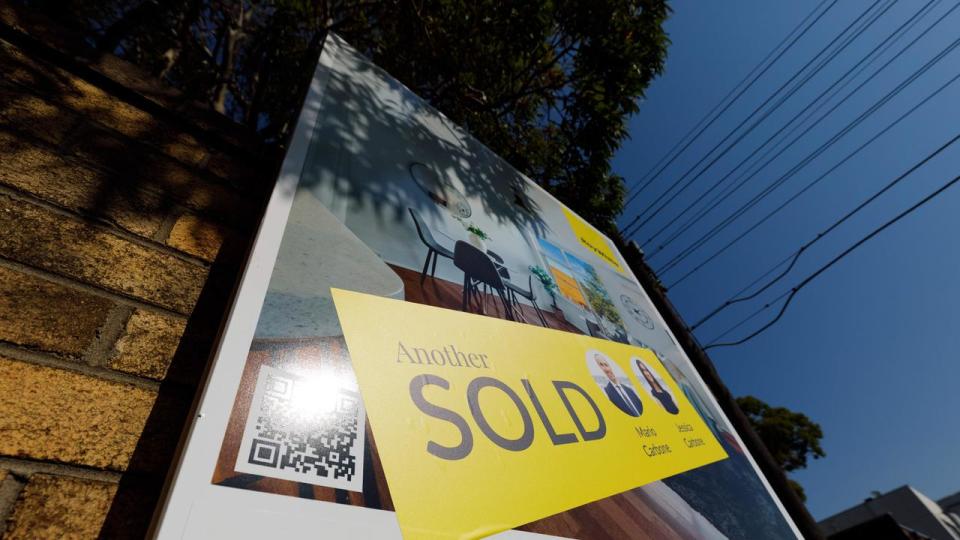
“At this point, housing supply remains extremely low and many people that would be new home buyers are being pushed into the established market,” she said.
Furthermore, massive rental hikes are forcing many first home buyers into the market and pushing prices up even higher.
PropTrack’s Economic Research executive manager Cameron Kusher said he expects price to continue rising but at a “slower pace”.
The key factors driving this include the soaring cost of construction pushing more people into the existing dwelling market, a lack of housing supply to keep up with the growing population and stage three tax cuts putting more money into the pockets of high-income earners.
Where will it still be cheap to buy?
Brisbane has so far avoided the worst of soaring property prices, with areas like Jimboomba selling lots of new housing stock at around $800,000.
“What I would argue is that Brisbane still has affordability opportunity, so if you are looking to exit Sydney or Melbourne, you will still have surplus,” Dr Lardner said.
“I’d also say there is still going to be a fair bit of wind in the sails of Perth moving into 2024.”
There is a fair amount of listing stock in areas like the city of Swan, just north of Perth, where they have a good run in price growth, but its still very affordable.
The median house price is $520,000.
“When you compare and contrast with somewhere like Sydney you just realise how much value Perth offers,” he said.
What about the mortgage cliff?
The much talked about “mortgage cliff” forecasted to arrive as borrowers made the jump from a cheap fixed loan rate to a variable rate two years after the pandemic price crash, never reared its ugly head in 2023.
“It hasn’t really eventuated,” Mr Kusher said.
“What I would say though, is we have started to see a little bit of an uplift in mortgage arrears from historic low levels.”
About 13 per cent of households now have expenses which exceed their cash flow, according to data from the Reserve Bank released earlier this year.
“So there are people struggling out there at the moment but we haven’t seen a huge dumping of listings on the market,” he said.
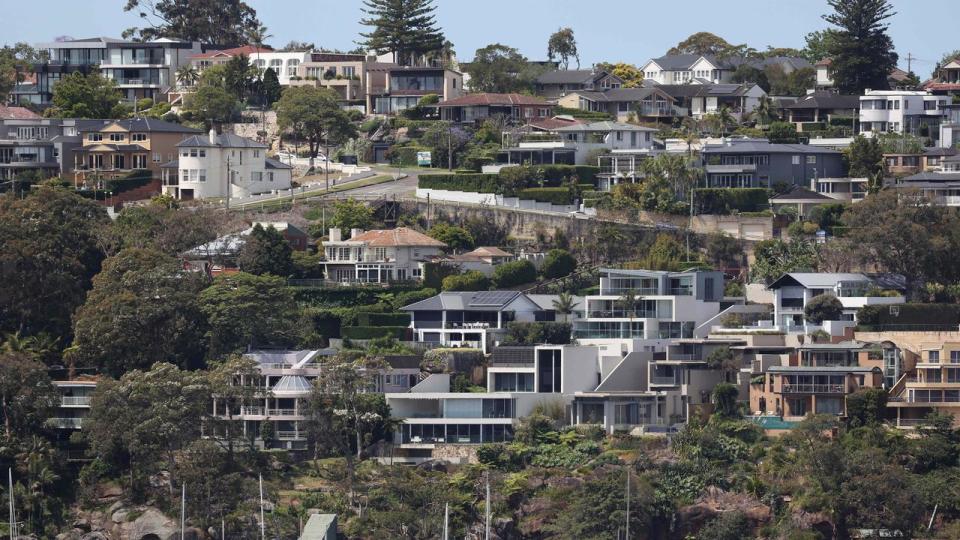
Mr Lardner said while there has been no “cliff”, the mortgage belt is starting to stand out as a “highly-stressed marketplace”.
“We’ve seen a lot of outer suburbs, where there was an abundance of new mortgages taken out in one foul swoop, those markets are going to be in some strife because a lot of these people are starting to break,” he said.
However, Ms Conisbee predicts interest rate cuts are unlikely until late 2024 or early 2025, spelling bad news for mortgage holders already teetering at the brink.
“This means mortgage holders need to survive until 2025, paying far more on their home loans than they did two years ago,” she said.
Are people still searching for a tree change?
A mass exodus from cities during the pandemic drove strong price growth in many coastal and regional communities, but many of these houses are returning to market.
“In many beachside holiday destinations, we saw a sharp rise in properties for sale and a corresponding fall in prices,” Ms Conisbee said.
“While having a holiday home made sense in 2021, higher interest rates, the ability to travel again and restrictions on Airbnb have made it far more difficult.”
She predicts while regional housing remains more affordable, this may not last long with housing shortages a problem in these highly desirable parts of the country.
“I think the trends we saw through Covid are well and truly reversing,” Mr Kusher agreed.
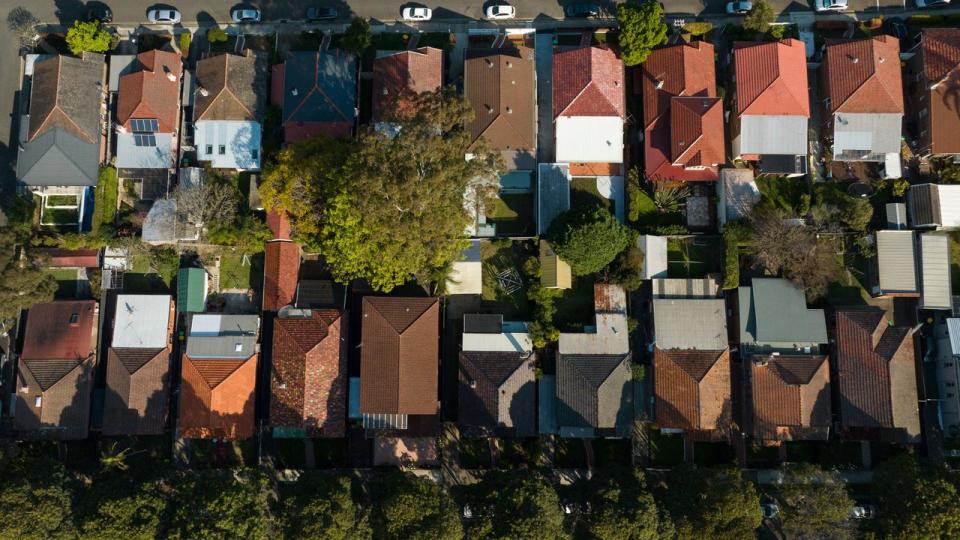
However, regional locations that are an acceptable commute to capital cities may retain their value for example in Geelong, Ballarat, or Wollongong.
Mr Lardner said he has already started to see regional markets such as the Richmond coast in Victoria or the Shoalhaven in NSW start to correct from Covid highs.
“Some markets have fallen significantly already, so there is a scope for prices to fall and some could fall up to 10 per cent,” he said.
“If I talk about the Shoalhaven as an example, that fell by about 5 per cent, there’s every possibility that it could fall by another 5 per cent.”
Will it be a good time to invest?
It has been a tough year for investors with interest rates putting pressure on the hip pocket and tighter regulation taking some of the ease out of the investment track.
However, Mr Kusher doesn’t believe it’s all bad news for investors in the new year.
Certain states have increased taxes on investors but as interest rates have risen to the highest they’ve been in 12 years, the tax deductions available on an investment are “much greater”, he said.
“I could see a situation where we see more investment over the next four months, just a different type of investor.”
Mr Lardner said he has seen a lot less investors reaching out for his assistance this year, and he doesn’t see that changing in the new year.
“There is a fairly significant cohort of investors feeling the pinch because they’re filling up their car and buying groceries and paying their own mortgages and now they’ve taken on this extra burden and I think they’re certainly going to feel the pinch in 2024,” he said.
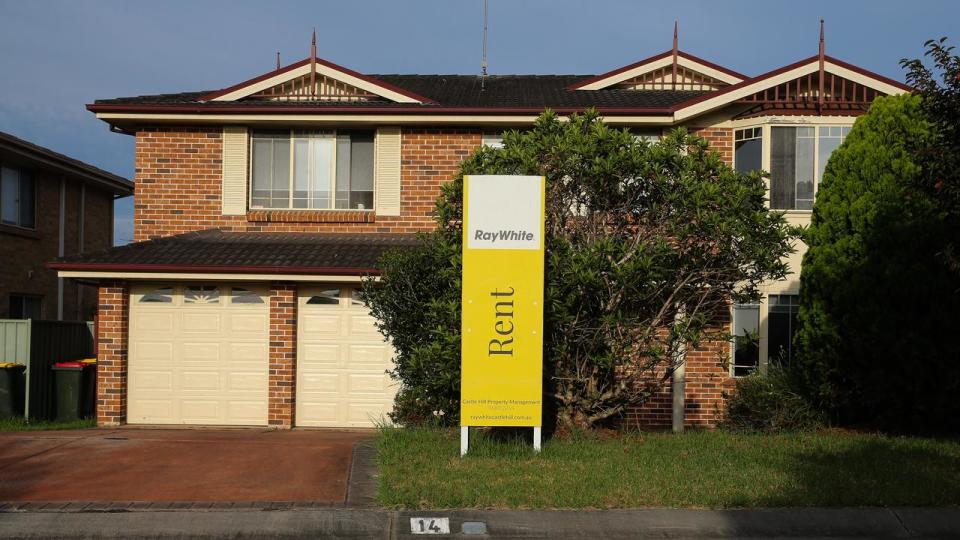
He doesn’t agree with reports of an “investor exodus” and said there is still interest in South Australia, Perth and Tasmania.
“Perth has been a bit of a darling not only for investors but also first home buyers,” Dr Lardner said. “Its given them a lot of capital gain in a short period of time.”
Ms Conisbee said “mum and dad investors” own almost all rental properties across Australia and she doesn’t expect to see a shake up anytime soon.
“Right now, investors aren’t very active. Interest rates are too high and there are a lot of impediments to owning a rental property relative to other investments,” she said.
She said conditions will improve “marginally” in 2024 but not enough to solve the nation’s rental shortage.
Will renters get any relief?
Just as mortgage holders are getting very little relief, renters are stuck in the same basket.
Mr Lardner doesn’t believe the trend of sky-high rents in capital cities, and even regionally, can continue.
“The percentage of household income being allocated to rent is increasing,” he said. “We just can’t get blood from a stone.”
“So many, if not the whole of the country, has moved to that 31 per cent or higher mark in terms of how much they’re spending on rent.
He said if the cost-of-living crunch worsens, as its expected to, this will have a flow-on effect on rental vacancies, because “people won’t be able to survive”.
“There will be a lot more people moving back with parents and family and that will result in some vacancy rate movements.”
Ms Conisbee added that Australia has “relatively affordable rent” compared to other major countries around the world.
Conisbee:
“While this is the case, rents have risen rapidly since the middle of the pandemic, driven by a desire by many people to live alone, a lack of new housing development and the return of population growth,” she said.

 Yahoo Lifestyle
Yahoo Lifestyle 
